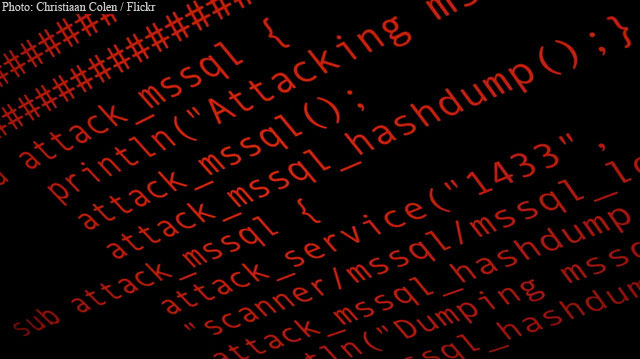Think twice before hitting send on your next text message, especially in light of recent cybersecurity concerns following a significant hack targeting the U.S. telecom infrastructure. The Cybersecurity and Infrastructure Security Agency (CISA), the Federal Bureau of Investigation (FBI), and other international partners have underscored the importance of adopting end-to-end encryption in light of these threats. This method ensures that only the intended recipients can read the messages, offering a layer of security against hackers and unauthorized surveillance.
According to a CNBC cyber report, the need for secure communication has never been more apparent. With the massive breach by hackers associated with China, known as Salt Typhoon, which compromised major companies like AT&T and Verizon, the push for end-to-end encryption has intensified. Michael Hughes, chief business officer of Duality Technologies, emphasizes the importance of using platforms with built-in end-to-end encryption, stating, “All things being equal, if you have the opportunity to use a platform that’s end-to-end encrypted, you should.”
Among the most secure options for messaging are Meta’s WhatsApp and Signal. Both apps incorporate end-to-end encryption by default, providing a significant security advantage over traditional SMS and MMS, which lack this protective measure. Signal, in particular, stands out for its privacy-centric approach, not collecting or storing user data, which is appealing for those wary of large tech companies’ data practices. However, its adoption is somewhat limited compared to WhatsApp, which can pose a challenge if your contacts aren’t on the platform.
For those willing to pay for enhanced privacy, Threema offers end-to-end encryption without requiring a phone number or email address, though convincing others to switch from free, widely-used apps might be tough.
RCS (Rich Communication Services), seen as an upgrade from SMS/MMS, supports end-to-end encryption in some scenarios. Google Messages, for instance, automatically encrypts messages when both parties use the app over RCS, but Apple’s RCS does not offer this encryption, leaving messages vulnerable when sent between different types of devices. Apple’s iMessage, however, is end-to-end encrypted for communications between Apple devices, highlighting a significant divide in security practices across platforms.
The complexity increases with services like Facebook Messenger, where end-to-end encryption isn’t universally applied across all its functionalities, like community or Marketplace chats. Consumers need to delve into the specifics of each app’s encryption policy, often buried in privacy or support sections, to understand their level of protection.
The ongoing Department of Justice antitrust case against Apple points to this encryption disparity as a monopolistic practice, as iMessage’s encryption doesn’t extend to non-Apple devices, which use less secure SMS/MMS when interacting with iPhones.
Efforts are underway to standardize end-to-end encryption across platforms, but progress is slow. Meanwhile, users should check their phone settings to ensure they are benefiting from the latest security updates, which might include encryption enhancements. However, even with end-to-end encryption, security isn’t guaranteed if devices are compromised or if users fail to maintain basic cybersecurity hygiene, like updating software or avoiding risky downloads.
As Kory Daniels from Trustwave notes, cyber threats gravitate where the masses are; thus, evolving to more secure communication methods is crucial.
Reference: CNBC
- Bulenox: Get 45% to 91% OFF ... Use Discount Code: UNO
- Risk Our Money Not Yours | Get 50% to 90% OFF ... Use Discount Code: MMBVBKSM
Disclaimer: This page contains affiliate links. If you choose to make a purchase after clicking a link, we may receive a commission at no additional cost to you. Thank you for your support!


Leave a Reply